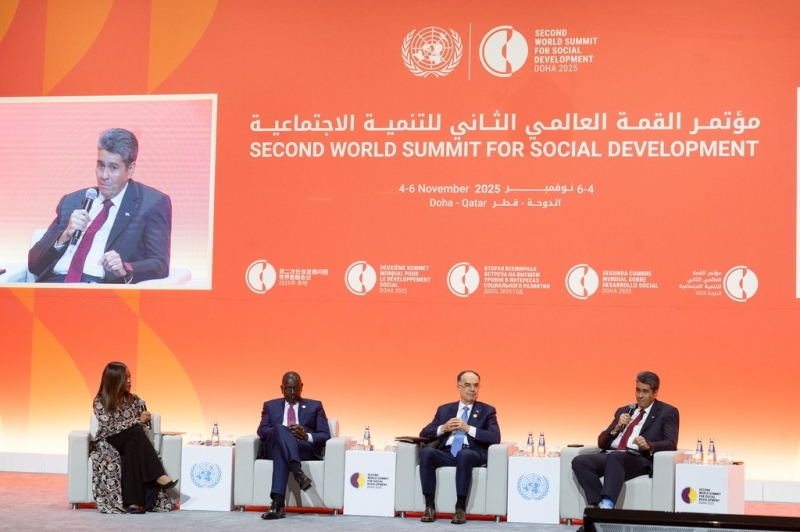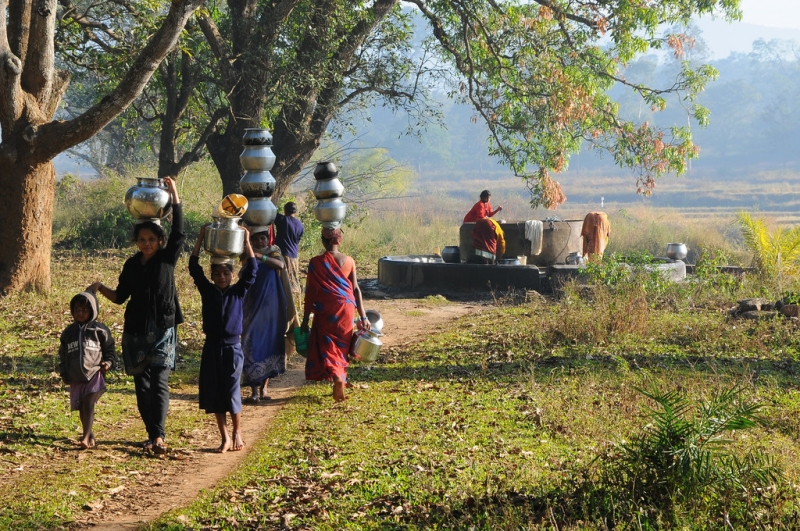
“Education is not a luxury or a favor, it is a right – and a matter of existence for the future of nations.” Social Summit in Doha: the path to a just society begins at school Sustainable Development Goals
Education issues took center stage in the early days of the Second World Summit on Social Development in Doha. Politicians, educators and youth activists participating in the forum agreed that decent learning is the foundation of inclusive and sustainable communities.
The huge Qatar National Convention Center, where delegations, students, civil society representatives and politicians from around the world gathered, fully reflected the scale of what was happening. Almost 14 thousand participants registered to participate in the summit. The Forum brings together governments, international organizations and representatives of diverse communities committed to shaping a people-centred vision of social development.
Education as the Foundation
A high-level event entitled “Education as the Foundation of a New Social Contract” set the tone at the very beginning of the summit. Qatar’s Sheikha Mozah bint Nasser Al Misned delivered a keynote speech calling for renewed commitment to education. Speaking about the 272 million children in the world who are unable to attend school, often because of armed conflict, she said that global progress is impossible unless the status quo is changed.UN Secretary-General Antonio Guterres echoed this message, calling education “the best tool to fight poverty.” He warned of growing inequality, chronic underfunding and a global shortage of qualified teachers.
“We need to address the cracks in this foundation,” the UN chief said, calling for closing the digital divide, strengthening support for teachers and treating education not as an expense but as a strategic investment.
Later, on press conference, Guterres stressed that rebuilding education systems must be a key path out of crises, including Gaza and Sudan.
“Education must be a central element of any project to rebuild Gaza,” he said.

The presidents of Kenya, Albania and Palau on the summit podium.
Unanimity of Presidents
The session was attended by the Presidents of Kenya, Albania and Palau, who emphasized during their speeches that education is a long-term investment in human development and the future of economic growth.
Kenyan President William Ruto in his speech called for aligning education with digital technologies and the needs of the labor market. The head of Albania, Bajram Begay, called education a “universal human right.” Palau President Surangel Whipps, in turn, noted the importance of providing access to education in remote and island communities.
Practical Solutions
Sessions focused on practical solutions for empowerment and social protection took place throughout the summit. In a key session on universal social protection, UN Deputy High Commissioner for Human Rights Nada Al-Nashif said social protection is “not a charity, but a legitimate human right” critical to achieving equitable and sustainable development. She also called for international financial reforms to protect public investment in education.
“We are capable of moving forward,” Al-Nashif said. “Let’s turn commitments into actions.”

By 2030, 411 million people in the world could move from “poverty” to “basic economic security” if countries develop labor markets and expand social protection.
A New Approach to Poverty
The United Nations Development Program (UNDP) launched a new report in Doha calling on governments to look beyond traditional poverty thresholds. The UNDP policy brief proposes introducing “prosperity levels” so that people are protected in the face of shocks such as disease, job loss or climate disasters.
The report estimates that by 2030, 411 million people in the world could move from “poverty” to “basic economic security” if countries develop labor markets, expand social protection and implement policies that increase wages and improve working conditions.
“Through decisive and comprehensive action, we can break the cycle of vulnerability and create sustainable prosperity. The past 30 years have shown that progress is possible,” said UNDP Acting Administrator Haoliang Xu, recalling the 1995 Copenhagen Declaration, which first established global commitments in the field of social development. returned to the main idea: progress in development is possible if efforts and plans are based on the real needs of people.
